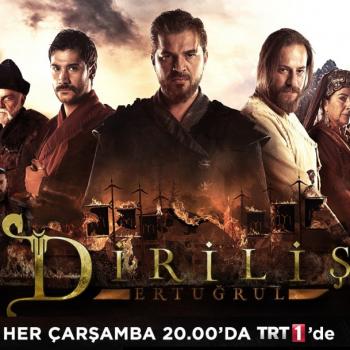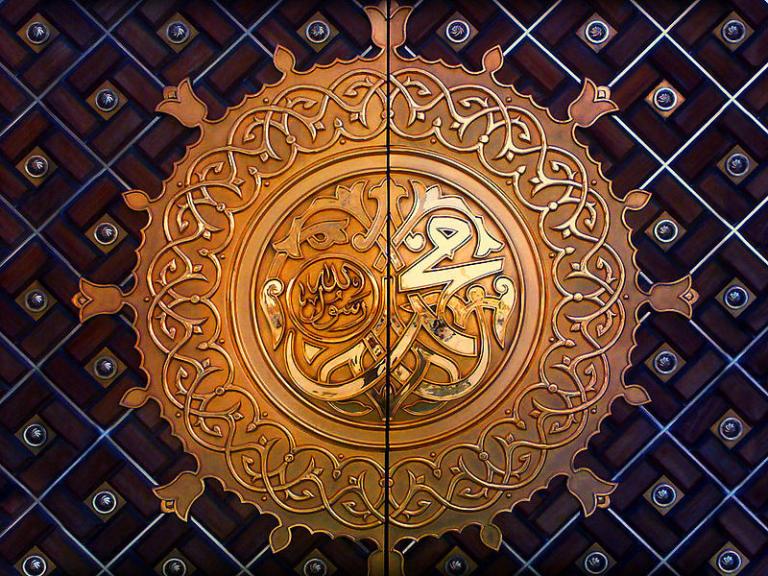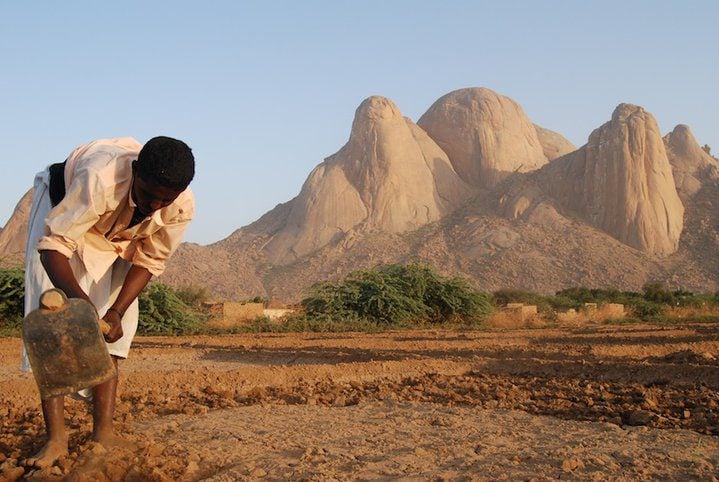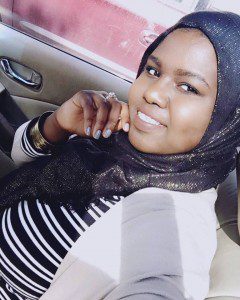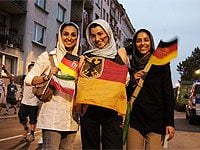 I recently participated in an interfaith panel with some of Chicago’s most distinguished religious leaders. We discussed the local context of religious diversity in America, especially as it relates to fighting crime and strengthening communities. Our audience was a small group of visiting Germans: a couple of law enforcement types, three Muslim leaders, and a couple of interfaith/intercultural folks.
I recently participated in an interfaith panel with some of Chicago’s most distinguished religious leaders. We discussed the local context of religious diversity in America, especially as it relates to fighting crime and strengthening communities. Our audience was a small group of visiting Germans: a couple of law enforcement types, three Muslim leaders, and a couple of interfaith/intercultural folks.
At the end of the conversation, one of the German cops said that when he’d seen the title of our discussion he thought – as a secularist and atheist – that he’d be bored. Instead, he really enjoyed the discussion, not least because he realized that America’s religious leaders/activists are in fact civically-minded citizens. He bemoaned the fact that (from his perspective) that German Muslims are not similarly civically engaged. That their imams are brought from abroad and that the Muslim community isn’t “progressive” about secularism. That they seem insular and unwilling to adapt to their new surroundings.
Unfortunately, we didn’t have enough time to delve into his comment, but suffice to say, I find this view problematic. Earlier in the evening, one of the hosts mentioned that unlike in the US, children born to immigrants in Germany are not immediately granted citizenship. Further, I know from my conversations with German Muslim friends that even if they are granted citizenship, they are still not socially considered German – even though many of their families have lived there for generations.
There has been a rise in racist attacks in Germany in recent years, including the horrifying stabbing murder – in a courtroom while she was testifying against a man who’d verbally assaulted her for wearing hijab – of a young, pregnant mother, Marwa Sherbini. Two years ago, the country was shocked to learn of a neo-Nazi terror cell, which had infiltrated certain elements of the country’s secret services. This far right group had facilitated the murder of 10 people – including a policewoman and others mainly of Turkish origin. They committed over a dozen robberies and were responsible for at least two bomb attacks between 2000 and 2007. For years, law enforcement had not looked into the possibility of neo-Nazis being behind the murders and instead blamed the Turkish victims, suggesting that they were part of a drug-smuggling mafia operation.
Criminals exist on all sides and should be dealt with within the law. The state and it’s law enforcement appendages need to keep an eye out for both violent religious fundamentalists and racist right-wing extremists. Civic-minded citizens, religious groups, local communities and the media can and should do their part to assist the government in rooting out violent criminals and challenging their views. Immigrants and their children [and their grandchildren] must be socially accepted into the fabric of their society by the larger population. It’s not enough to celebrate an immigrant filmmaker here or a soccer player of Muslim origins there. There must be space for immigrants, people of color and people of faith in the public narrative of pluralistic societies. And, it’s critical to build the interfaith and intercultural relationships necessary on the ground before national tragedies occur, so that immigrant communities are not solely in the public narrative as it relates to crime or terrorism.
In the US, our particular understanding of the separation of religion and state has made the US one of the most welcoming destinations to immigrants of all faith backgrounds. Still, American Muslim and other religious communities are not unique in our civic-mindedness. People everywhere share many common values: they want their children to live in safe and comfortable environment, they care about their country’s economic health and they are typically willing to work with others to make that happen. Pluralism is a two-way street in diverse societies; both immigrants and indigenous groups must do their part and work together to develop healthy, diverse societies.


